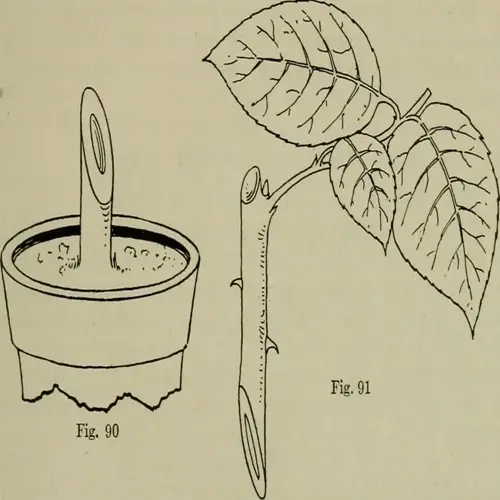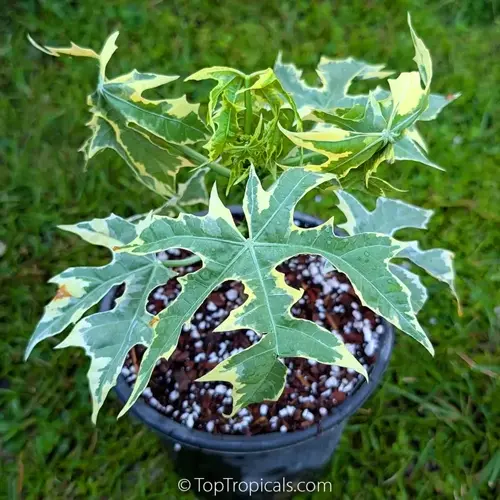Can you propagate patented succulent varieties?

Written by
Paul Reynolds
Reviewed by
Prof. Martin Thorne, Ph.D.Plant patents define legal limitations on the propagation of succulents. Propagating patented varieties without the permission of the breeder is a violation of intellectual property laws. I have witnessed this happen when someone received a cease and desist order because they were unaware of the plant patent. Suppose you wish to propagate plant patents in your own botanical garden. In that case, you must abide by these legal protections to avoid undeserved consequences.
Identification Methods
- Check for patent numbers on plant tags
- Search UPOV database for protected varieties
- Contact nurseries for documentation
Legal Alternatives
- Propagate non-patented heritage varieties
- Purchase propagation licenses from breeders
- Join authorized propagation programs
Ethical Considerations
- Respect breeders' research investments
- Support legal propagation channels
- Educate fellow gardeners about restrictions
Illegal propagation leads to hefty fines; breeders defend their investments in court. I am aware of a nursery that was fined $ 10,000 for unauthorized propagation. By being compliant, you avoid financial penalties and support continued innovation in the industry. This is why we encourage vendors to check the status first before removing leaves.
Identification markers exist on patented plants. Cultivar names typically have ™ or ® designations. PP numbers show there is currently patent protection. I take photos of tags as proof of status. Your documentation forms legal protection while propagating.
Support ethical alternatives such as open-source succulent breeding programs. Several universities have developed unpatented varieties that are now in the public domain for propagation and distribution. I freely propagate the Texas A&M's 'Aggie Jade.' By engaging with me, you are optimizing access to responsible horticulture without legal issues.
Honoring plant patents ensures ongoing innovation in the field of succulents. Seed developers utilize the returns in royalties to continue breeding drought-tolerant varieties. I have already seen great strides when there is adequate funding. Your ethical propagation practices help secure the future of the entire gardening community.
Read the full article: How to Grow Succulents From Leaves Successfully

